GHOST DESCENDING A STAIRCASE
Ghost Descending a Staircase is a video work, one of the results of the collaborative research undertaken by Krassimir Terziev and Daniel Kötter in the urban peripheries of Berlin and Sofia in 2016.
Ghost Descending a Staircase is shot in the 31-stories high-rise called Ideal Hochhaus in the Gropiusstadt district of Berlin, designed by Walter Gropius in 1969 as the highest (by the time) apartment building in Germany.
The moving image is constructed in direct dependence on the architecture of the building which is providing for the fluid logic of the camera movement. The movements of all the windows and doors that one must negotiate by foot while descending from the top floor to the ground level of the structure reveal astonishing alternations between exterior and interior views; they are managed through complex foreshortenings animated by the only moving elements in the architectural setting.
As the title suggests the work refers to a sequence of seminal works of modern art that made statements on the representation of movement – the chrono-photographic experiments by the British photographer Eadweard Muybridge in Woman Walking Downstairs (1887.), the famous proto-futurist painting by Marcel Duchamp, Nude Descending a Staircase, No. 2 (1912), and the painting Ema (Nude on a Staircase) (1966) by Gerhard Richter.
The focus in all the referenced works is the representation of movement of the human body on two-dimensional plane. In this moving image work the human body vanished from the frame and is defined only by the material conditions of movement and the nonhuman eye of the camera attached to the surfaces of opening and closing doors and windows. As a result one of the most static objects - the architecture adopts cinematic qualities in the variations in rhythm and movement within the repetition of almost identical shots.
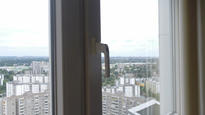
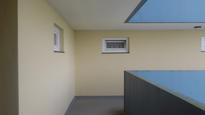
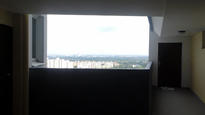
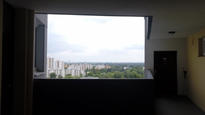
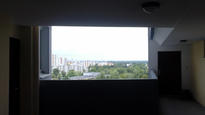
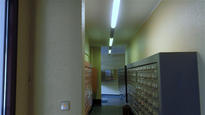
- Format DIGITAL FILE(DIGITAL FILE)
- Color system PAL
- Color col.
- Year 2016
- Duration 00:23:35
-
Artists